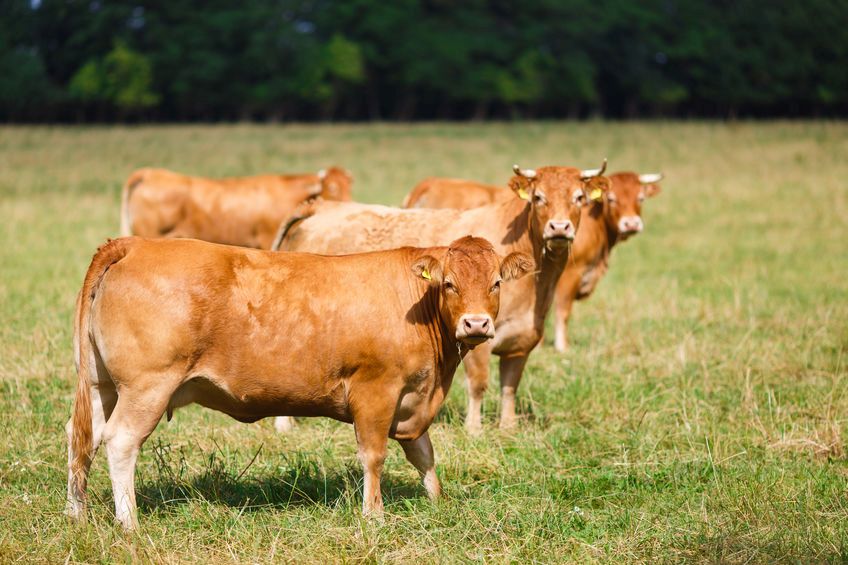
A UK agri start-up has raised £2.2m to revolutionise livestock breeding practices using blockchain, machine vision and big data.
The seed round is led by London-based LocalGlobe and will help start-up Breedr transform the meat supply chain using smart contracts, blockchain, and machine vision.
Ian Wheal, co-founder and CEO of Breedr, said that funding will also be invested in the development of the Breedr app.
He said: “We are bridging the gap between farmers, processors, retailers and consumers, using big data, machine learning and machine vision. The aim is to reduce uncertainty and improve productivity of the whole livestock market.
“The beef, sheep and pig producers we are working with have a wealth of data about their animals and see our app as a way to directly add value.”
Mr Wheal added: “Today they might choose to see which animals are closest to the specification requested by their customers, but as more information is included they will be able to benchmark against other farmers in their group.”
Breedr is set to become the world’s first marketplace for fully traceable meat and livestock.
Using the app and ear tagging system, farmers will be able to monitor individual animals from birth to sale, recording everything from lineage to feed and animal health records, before listing livestock on the Breedr marketplace.
Retailers will use the marketplace to source entirely traceable meat, directly from the farmers who produce it, giving end-consumers transparency about the products they put on their plate.
On-farm monitoring is merged with animal data collected from abattoirs and retailers, with insights fed straight back to farmers – all through the app's dashboard.
Mr Wheal added: “We estimate that the improved productivity offered by the Breedr platform has the potential to reduce the average methane output from beef animals by over 50% in the UK, enabling farmers to quantify the environmental benefit of their improved farm practices.”
